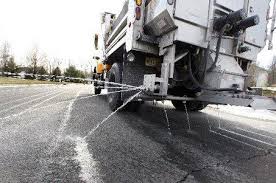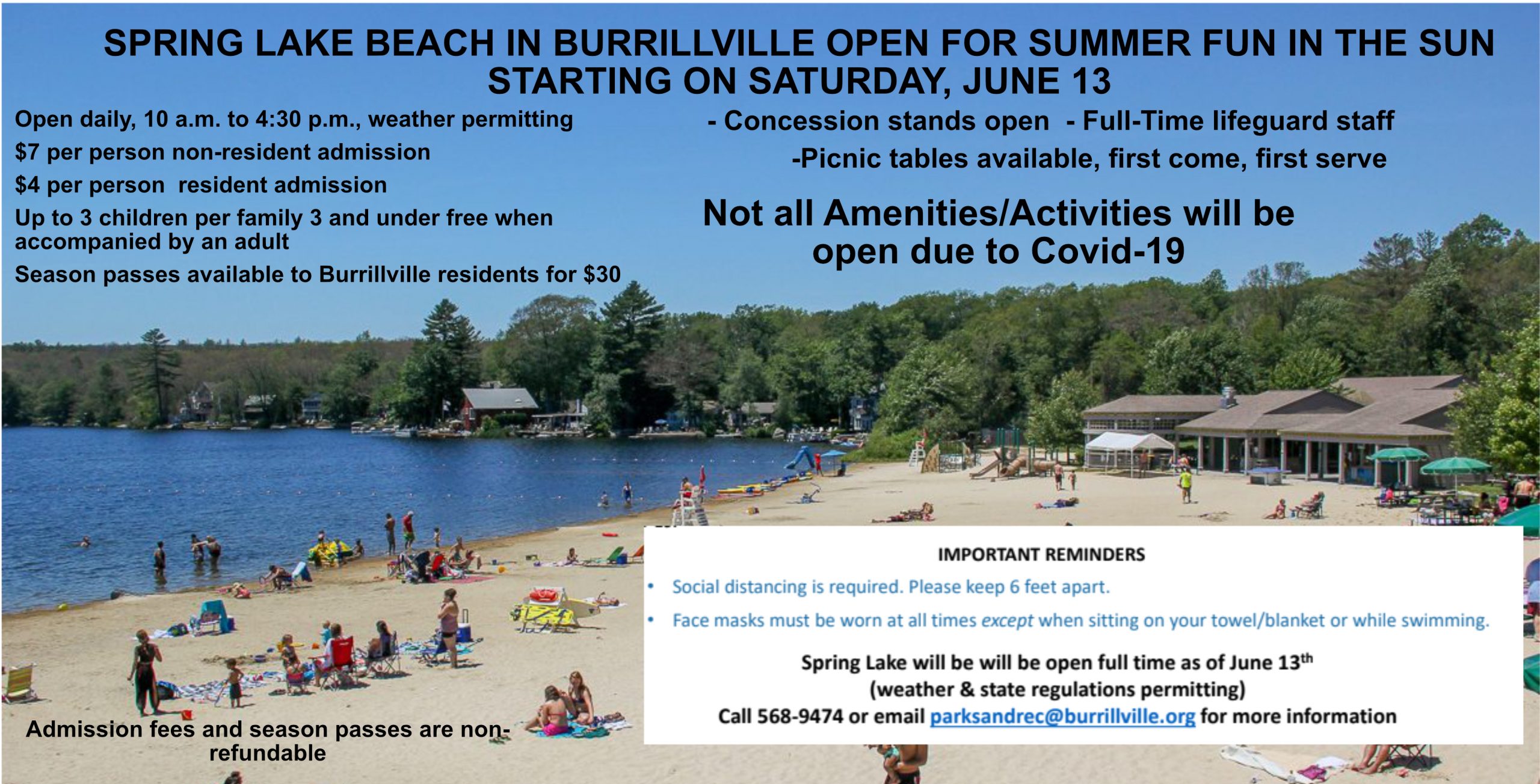NORTH SMITHFIELD – When James Yates moved into his house, a newly-constructed four bedroom ranch on Hanton Road, he thought he had purchased the home of his dreams.
Moving from Providence, Yates bought one of four new houses on the quiet suburban road, built by O’Hearne Home Development.
And then he started to notice the problems.
Yates says he and his girlfriend noted a weird feeling on their skin and hair after showers. For some reason, his brand new faucets were starting to rust.
The couple purchased a a softening system that filtered their well water with salt in hopes to fix the issue.
But the problems got worse. Pipes in the house began to break down.
“On top of all these things in the house breaking, we ended up losing a hot water heater,” Yates said. “Meanwhile, I have a girlfriend complaining that her hair is falling out.”
Water testing showed that Yates had a significant amount of sodium and chloride in his well and it turns out, that softening system wasn’t helping.
“You can’t fight salt with salt,” he told NRI NOW.
Yates hoped to resolve the issue by getting on the town water system, but the Woonsocket Water Division, which services other homes just two tenths of a mile away, estimated the build out would cost $200,000.
Professionals told Yates he not have many options – except to dig a new well.
After more investigation, Yates said he contacted the Rhode Island Department of Environmental Management. Eventually, they referred him to a program with the Rhode Island Department of Transportation, where the agency has taken accountability for well water contamination due to over-salting.
Since the development is just a few blocks from Route-146, Yates says it’s believed to be the source of the contamination, caused by poor water run off management
But a solution hasn’t come easy.
RIDOT asked for several rounds of water sampling over 8 months, which time and time again, came back with high levels of sodium and chloride. Yates says RIDOT planned to request more testing, and tried several time to get him to back down before he threatened to call the director.
“They kind of jerked me around,” he said. “After I started to stipulate that I was going to make a problem for them they immediately decided to help.”
Now, the agency has agreed to put a reverse osmosis system into the home at a cost of around $30,000. But because the Hanton Road house sits on 600 plus feet of rock and does not have a basement, they’ll also have to build an addition.
“They’re clearly going to be spending quite a bit of money to get this to go away,” Yates said.
He questions why little information was available about the program, and wonders how many other homeowners in the area might be struggling to resolve similar issues.
“In my research, there’s scarce information out there on the subject,” he said. “You don’t find it and that’s intentional. This program seems to be very hush hush, but I’ve been able to identify others that are in the program and are receiving water deliveries from Poland Springs being funded from RIDOT, so this seems like a bigger issue within the town that no one is talking about.”
According to RIDOT spokesperson Lisbeth Pettengill, records show that the agency has had two similar cases on Eddie Dowling Highway in North Smithfield, but one turned out to have bacteria issues. At two other homes near the highway, they’ve installed new wells and water treatment systems.
And Pettengill said the over-salting issue has affected two other homes in a different area of town.
Yates’ home, where RIDOT plans to install a water treatment system later this year, will be the sixth in North Smithfield addressed by the state agency.
Across Rhode Island, Pettengill said RIDOT has addressed a dozen additional cases.
“The number of cases statewide has dropped each year, as RIDOT has been dedicated to using our salt applications judiciously and by employing the most recent technologies that moderate application,” Pettengill said. “RIDOT’s fleet has technology that gives us the ability to minimize and track the amount of salt we apply to our roadways.”
Pettengill said the contamination claims process requires outside water testing by qualified companies. If the tests match and levels are determined to be above RIDOH guidelines, RIDOT will supply the homeowner with bottled water and will institute a mitigation program.
“RIDOT is constantly working with researchers and industry trends to make sure we use the least invasive methods possible,” she said.
Rhode Island Department of Health spokesman Joseph Wendelken said that the Private Wells Program at his agency serves as a central point of contact and assists homeowners to navigate to the right offices and agencies.
“Depending on the situation, RIDEM or RIDOT may have jurisdiction,” Wendeken said, noting that RIDEM will handle the issue if there is widespread environmental impact.
But Yates says that the ongoing process that began more than two year ago should have been easier to identify and resolve. He’s speaking out in hopes to help others experiencing similar issues.
“We’re not water experts,” he said, noting the need for transparency with homeowners. “It’s a bigger thing. Other people are impacted by this.”








